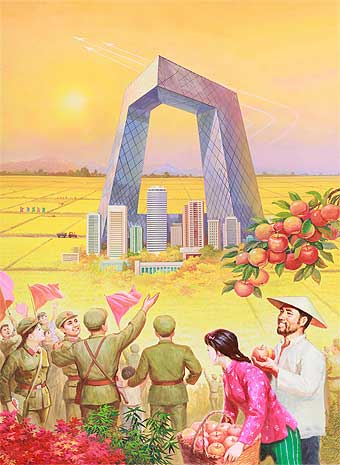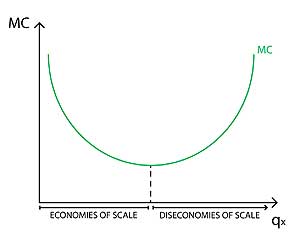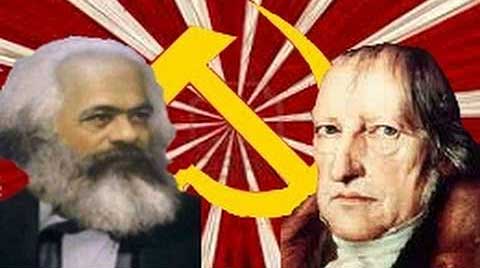
Socialist Dogma
- Exploitation theories - the belief that the voluntary exchange of labor time for money or goods is intrinsically wrong.
- Erroneous beliefs about capitalism, e.g.
- Straw man definition such that a society with free markets and sticky property is intrinsically authoritarian, or that libertarian or stateless capitalism cannot exist.
- Capitalism concentrates wealth myth that free market stateless capitalism would be a centralizing force which concentrates wealth. Refuted in this article.
- All corporations are bad myth that all corporations are crony corporations. In fact, the vast majority are market corporations. Only a small minority can be parasites on society or it would kill the host. In short, socialists cannot tell a market corporation from a political corporation, an Apple from a Raytheon.
- All industries become monopolies myth that all firms must necessarily become monopolies. Many socialists erroneously think that economies of scale are infinite. Educated people know that economies of scale is a "U" shaped function, and at some point getting bigger reduces efficiency.
- Capitalism leads to a State myth claims that stateless capitalism has intrinsic characteristics that lead to the creation of a State. No socialist has ever given a convincing invisible hand process to show this. Philosopher Robert Nozick tried and failed to demonstrate one.

- Anti-hierarchy beliefs - claims that voluntary hierarchical arrangements are somehow bad as such.
- Fake starvation fallacy - the belief that people are forced to work because of imminent starvation. Usually tweeted by latte-sipping communists who have never been hungry in their lives, about developed countries with virtually zero starvation rates.
- Aggression by man equals natural constraints - the belief that being forced to eat and sleep in order to live is ethically equivalent to being forced with violence by another person.
- Wishing away scarcity - In a communist/socialist society, there would be no scarcity, but in a capitalist society, there is always extreme scarcity.
- Mankind is divided into competing classes, and everyone in any given class has specific and predictable interests. - In reality, economic class plays little part in life, people’s interests are determined by many factors, most of which have nothing to do with class, and competition within a class is probably more important than competition between classes.
- Property norm utopianism - the belief that everyone will embrace [their preferred property norms] and/or that no one (absent a State) would choose [the opposing property norms.]

